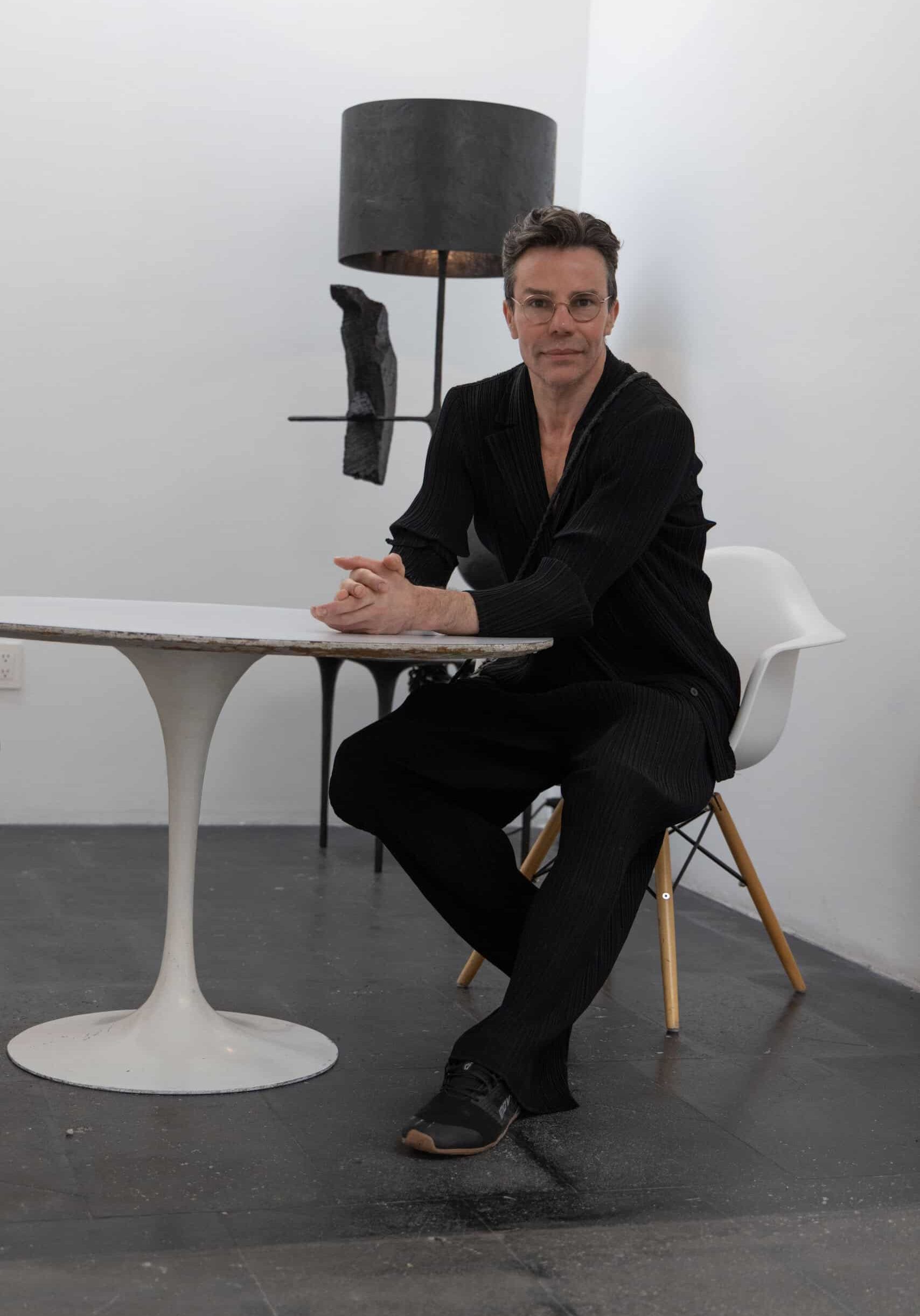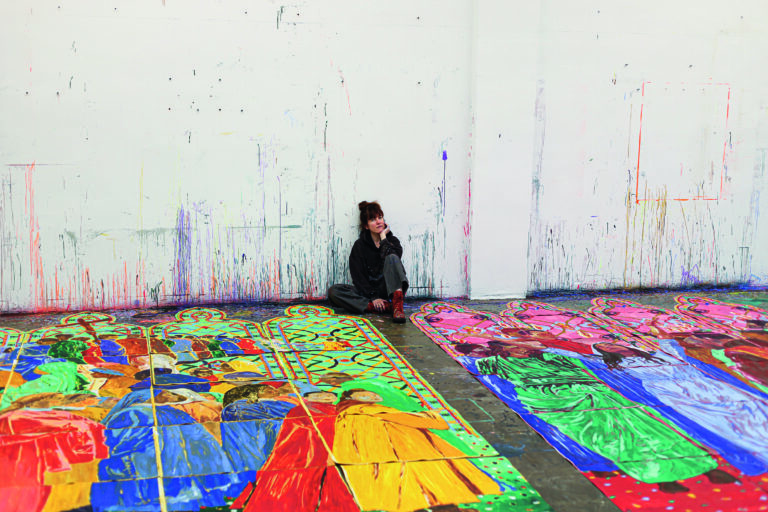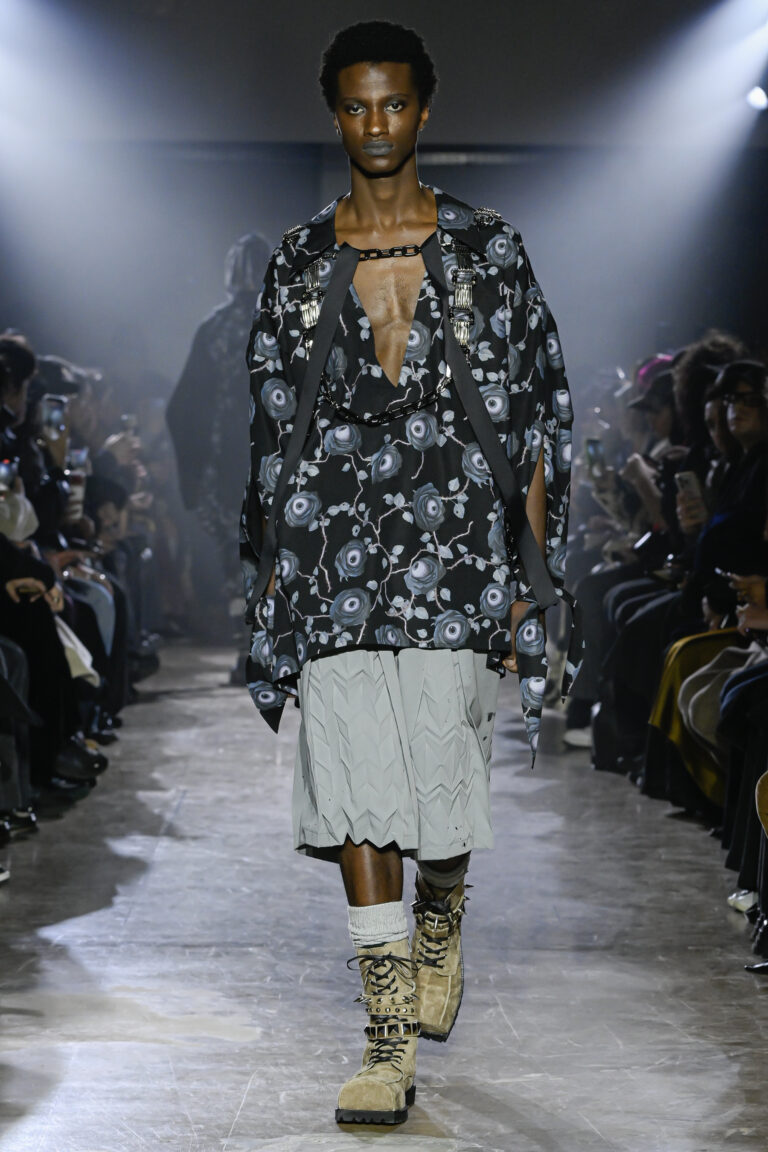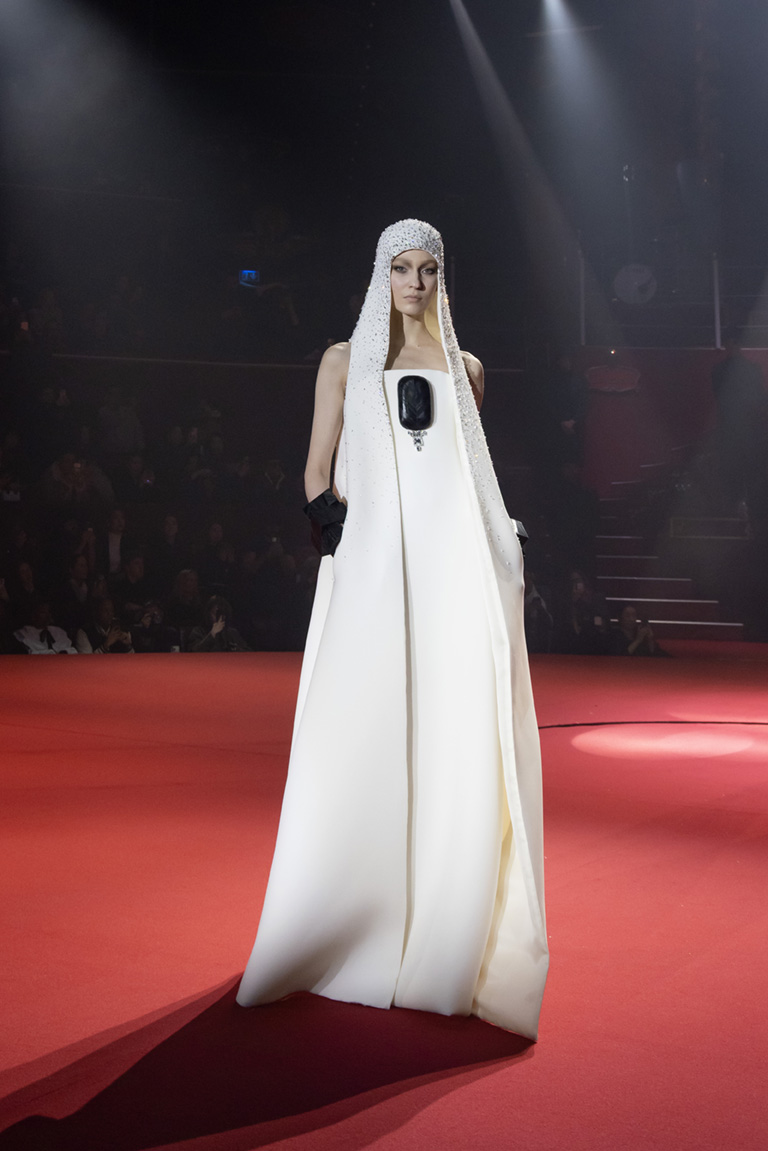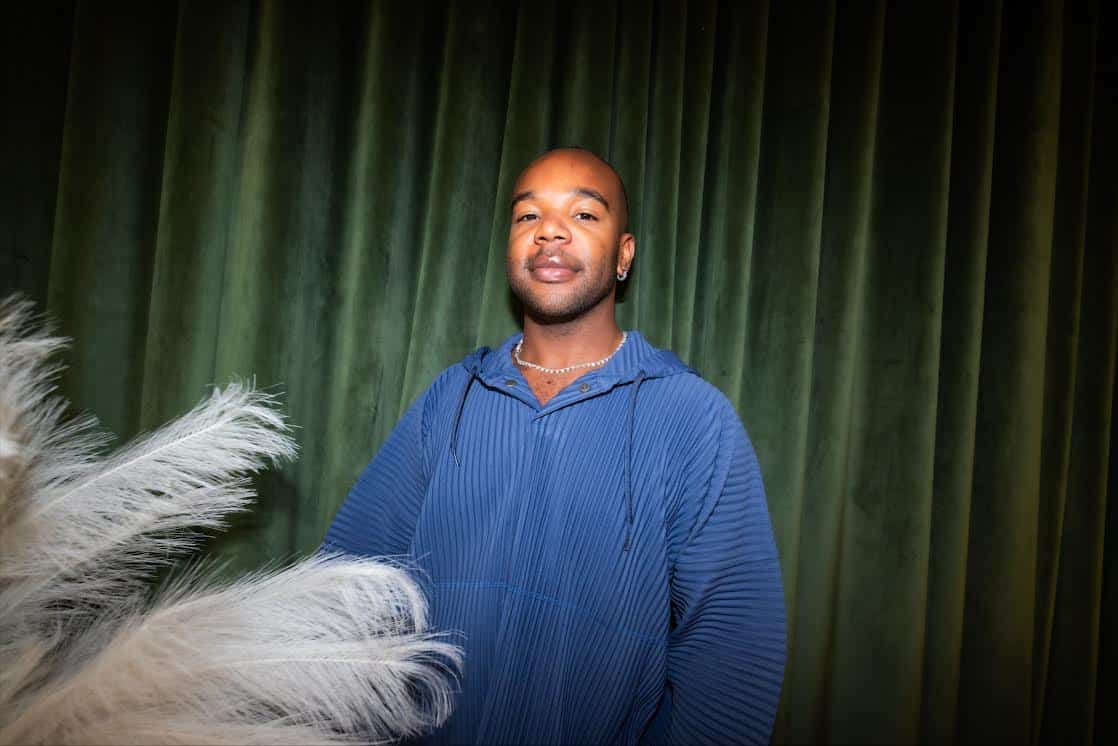
Interview with Julian Andrew: A Guiding Light for Change and Inclusivity
Patrick Duffy

In the dynamic world of entertainment, Julian Andrew emerges as a guiding light for change and inclusivity, reshaping narratives by championing voices often sidelined in mainstream media. As the visionary founder of Talentiish, Julian’s journey from inspiration to realization is marked by an unwavering dedication to representing queer and BIPOC talent, ensuring they receive the acknowledgment and opportunities they deserve.
In this IRK exclusive interview, Julian shares the driving force behind his advocacy and the challenges that led to the establishment of Talentiish in 2022. Reflecting on his early experiences in representation, Julian exposes systemic biases, propelling him to carve out a space where queer BIPOC talent can authentically thrive.
With candid insights, Julian discusses hurdles faced in Talentiish’s infancy and the invaluable lessons learned navigating the industry’s complexities. From fostering a supportive environment to providing holistic support, Julian’s commitment to breaking barriers underscores every aspect of Talentiish.
Beyond representation, Julian explores the comprehensive support systems Talentiish provides, from strategic partnerships to personalized goal-setting, empowering its roster of creators and celebrities.
As an advocate for talent discovery, Julian reveals the meticulous process of scouting and balancing representation to ensure a diverse talent pool. He also sheds light on Talentiish’s role in driving systemic change, advocating for equitable opportunities and fair compensation.
In navigating unique challenges faced by BIPOC creators, Julian addresses disparities in pay and opportunities, striving to dismantle harmful stereotypes through collaborative efforts with platforms like TikTok.
Ultimately, Julian redefines success, emphasizing impact and fulfillment experienced by his clients. From prestigious honors to meaningful collaborations, each achievement signifies progress under Talentiish’s guidance.
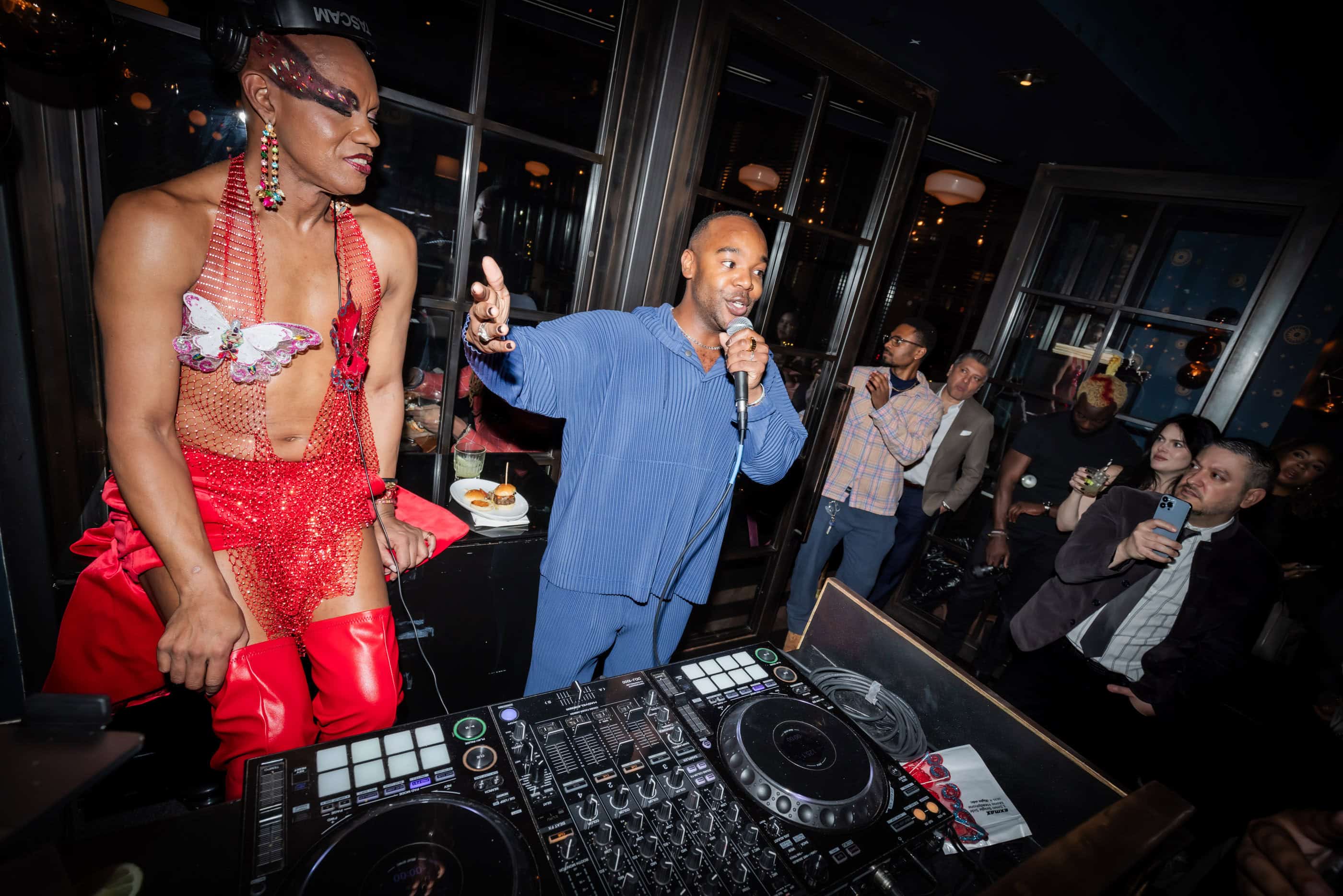
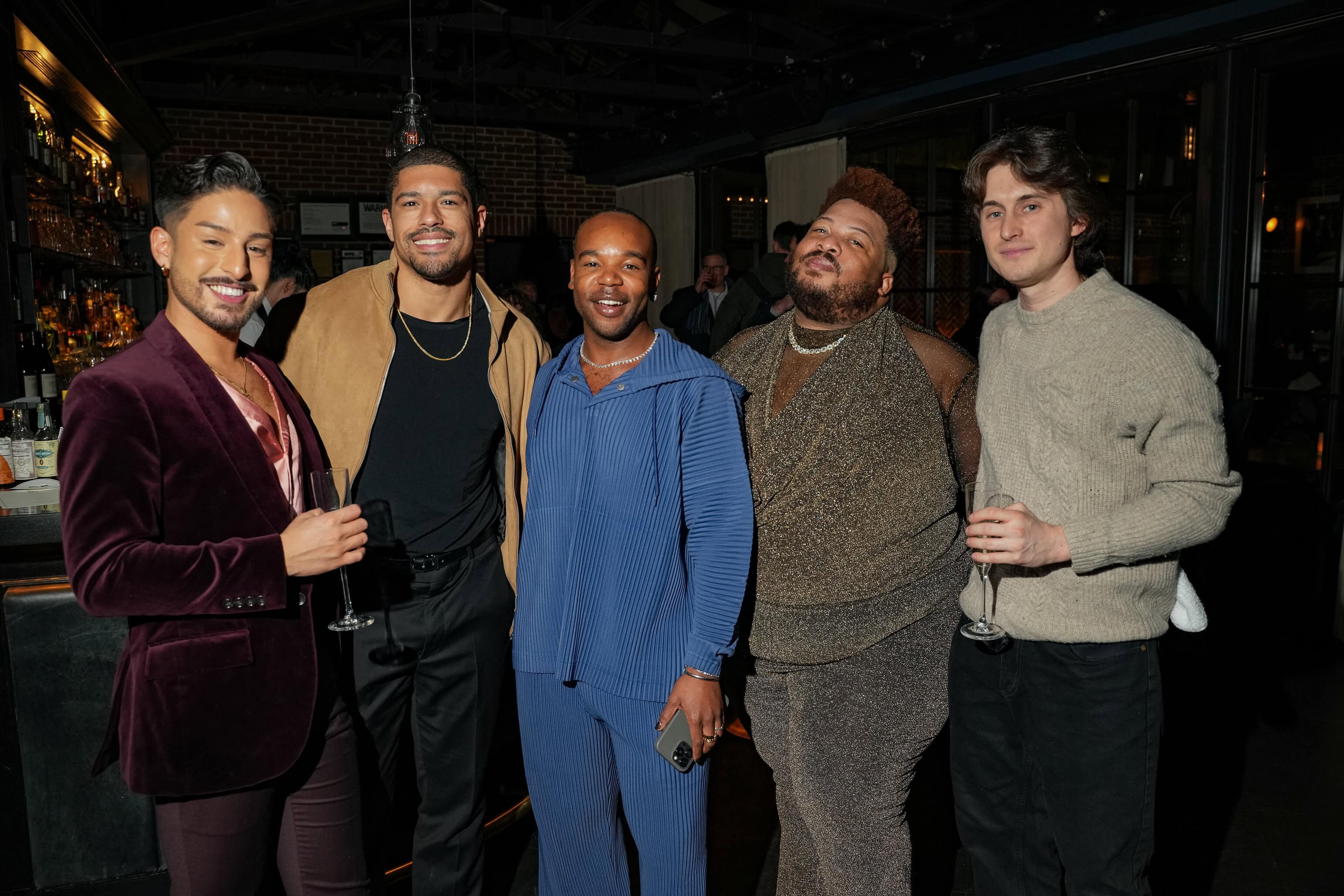
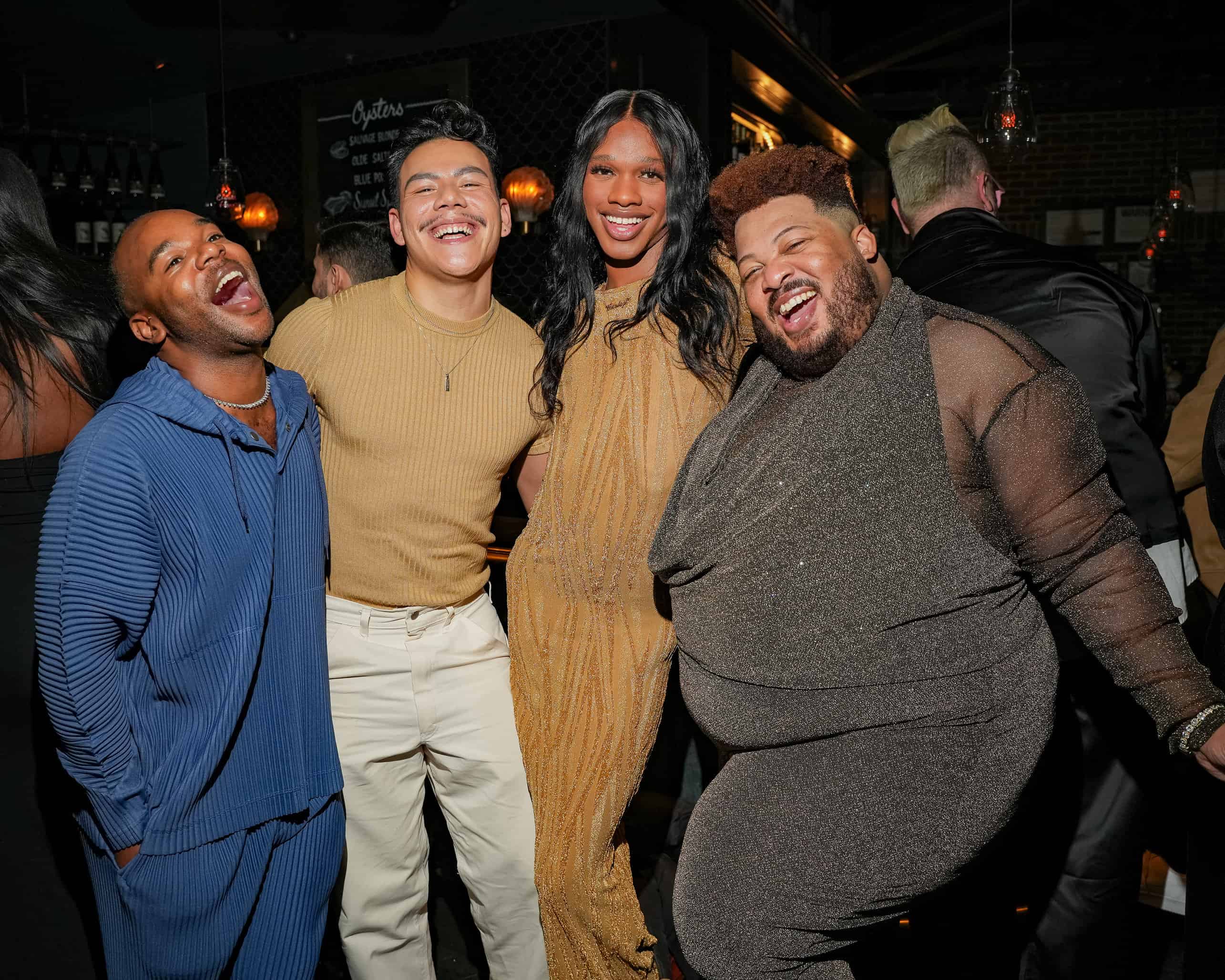
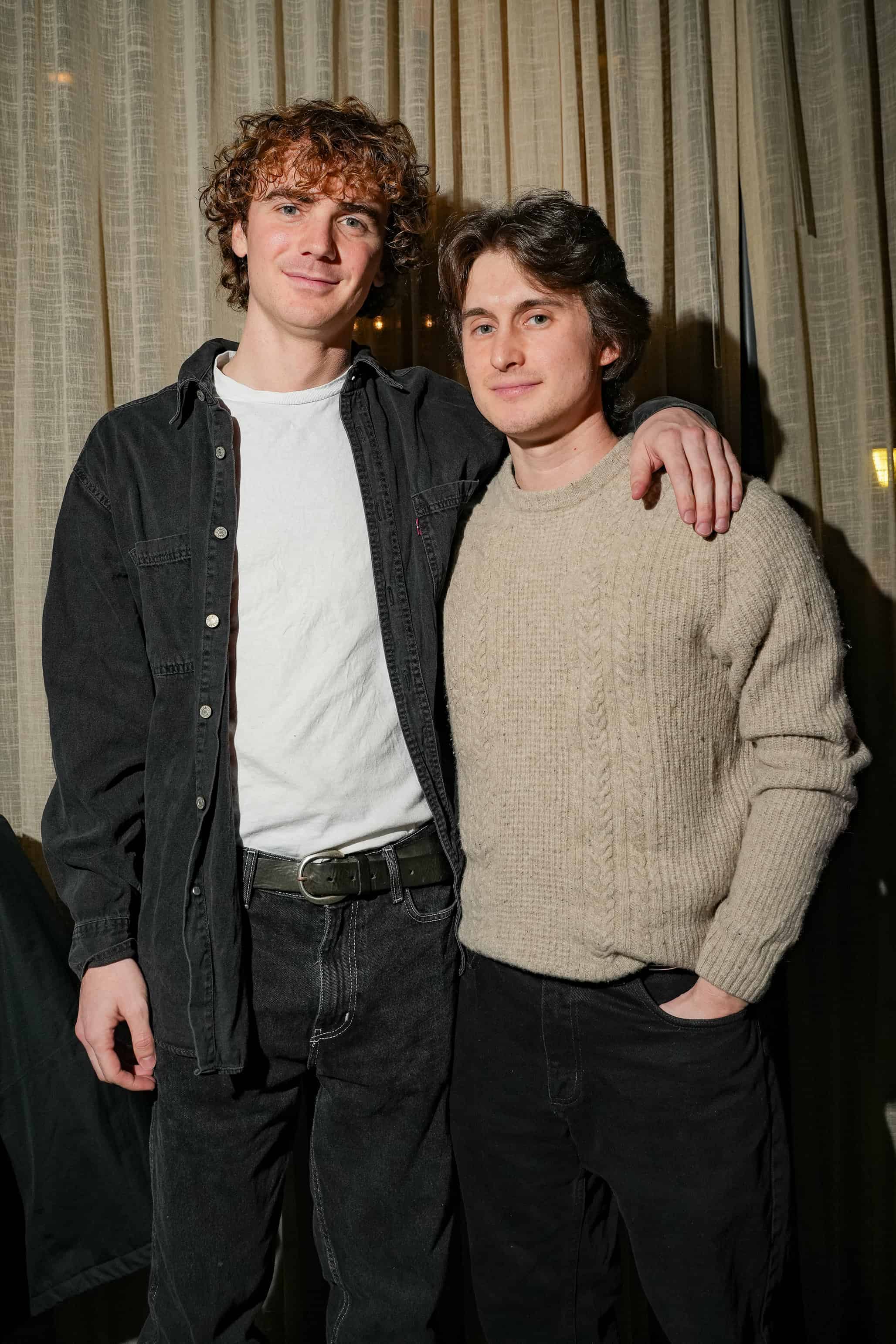
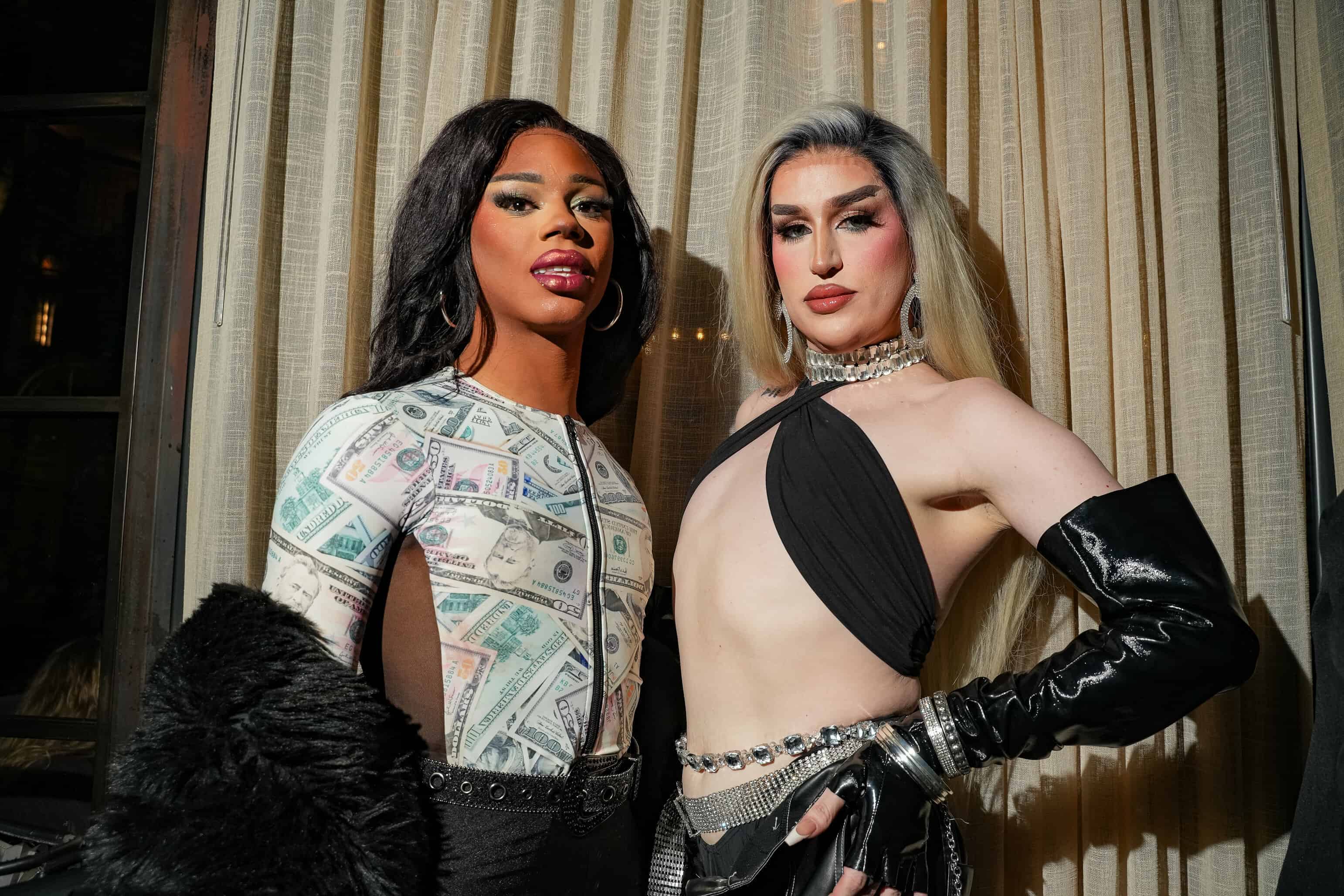
Julian Andrew launches Talentiish at The Roxy Hotel in NYC
Patrick Duffy: What sparked your passion for representing queer and BIPOC talent in the entertainment industry? What specific challenges motivated you to found Talentiish in 2022?
Julian Andrew: When I started my career in representation, I had a lot of people in my ear at various agencies telling me what talent I could and could not represent, who was profitable, who wasn’t, etc… and it was always catered towards white talent, not even queer talent at the time. Even when I was freelancing on the talent team at Conde Nast, my lens was focused on diverse talent that I thought would fit the Vogue umbrella or the GQ umbrella but I would consistently be asked to include more white talent into my lists. As I moved on in my career I started to notice that talent firms were more interested in tokenizing and profiting off the queer experience and BIPOC experience but no one really advocated for those talent, not the managers, not the agents, not the publicists. They would steer towards the white queer creators and put more energy and focus into those creators because the money seemed to flow to them much more easily. That really pushed me into wanting to start my own company, Talentiish, because I myself have struggled to be in spaces that are predominantly white, so my goal is to always advocate for those that reflect me and my community, queer bipoc talent and ensuring that they get what they’re owed!
Talentiish at The Roxy Hotel in NYC ‘– Expand video for a full screen experience
Patrick Duffy: Can you share some early hurdles you faced in establishing Talentiish and navigating the entertainment landscape for your clients? How did you overcome them?
Julian Andrew: The earliest hurdle I really faced was trusting in myself to lead my clients on my own, without the support of a well established management company or agency. I took a huge leap in merging my company with another, thinking that combining our efforts would benefit my clients in the long run. It did not work out that way, and I made sure to leave room for doing right by my clients and exiting when I needed to, that experience really gave me further insight into why creating a home for my clients and talent like them was so vital. Not every queer space is the right one, and my mission is to now not find, but to create that space for us!
Patrick Duffy: While representation is crucial, what additional support systems or resources do you provide your clients to ensure their success and well-being?
Julian Andrew: The most important thing for me when it comes to my clients is creating a well-oiled business. We achieve that by putting certain strategies in place to reach various goals, that could be furthering brand partnerships, and working towards becoming an actor, musician or comedian, and each goal has a strategy in place that is worked on, reviewed and edited between myself and the talent each quarter. Throughout the years I’ve been able to establish myself as a go-to talent manager for Queer talent, so my relationships with brand and agency partners also benefit my clients monetarily. Every client is different and the market responds to clients differently as well, so it takes time to understand the best play for your client, where do you want to lean more into, what’s not exactly working for your brand. These things often change as well, as the creator economy and influencer culture change.
Patrick Duffy: How do you discover and scout new talent? What qualities or traits do you look for in the creators and celebrities you choose to represent?
Julian Andrew: There are various ways I go about scouting clients. I started out doing simple cold out reach to creators that I followed on instagram and tiktok, thats how I really built out my roster from the ground up. Now its not so easy to find creators that arent represented, so now i try to find those clients that I want to develop through my clients friend circles that happen to be other creators, and/or meeting talent at various screening and fashion/brand events in the city. At this point my company receives a ton of outbound requests for representation, and I’ve built up a strong rapport in this space that I do have colleagues recommend talent to me. What I really look for in talent that I represent is a strong digital business and a skill or personality trait that sets them apart, something that can be crafted/edited/strategized into something marketable and profitable.
Patrick Duffy: How do you balance representing established talent with nurturing and promoting up-and-coming artists from underrepresented communities?
Julian Andrew: At the end of the day I run a business and that business has to be profitable, so it’s important to establish a strong financial roster so that you can take the time to develop other clients. It’s not an easy feat, many clients tend to be quite niche so there profitability margin against someone who is deemed more “lifestyle” focused is going to inherently be less, so my job is to find creative ways to push that talent into the mainstream whilst still being authentic and true to who they are, and these things don’t happen overnight for most talent, it takes years of positioning and planning to achieve long term success. In addition, you’re working against a range of talent personalities, so its imperative to always remain their champion throughout the ups and downs of doing this thing called life! A queer life, a queer black or brown life! And then you ask yourself, how does Julian fit into all of this. I tend to find happiness through my clients own success and happiness, and I’m ok with that, but I also find it important to create boundaries for myself. What those boundaries are and what they look like change, its hard to say, but it’s important for me to have fun with what I’m doing and also take time for myself, because burnout is real.
Patrick Duffy: Beyond individual client success, how does Talentiish contribute to broader systemic change within the entertainment industry to create a more equitable and inclusive space for BIPOC and queer creators?
Julian Andrew: Talentiish as a business advocates for underrepresented talent in spaces that they normally don’t find themselves to be in, but beyond that our biggest achievements would be creating financial stability for our clients by always pushing to close the wage gap between white creators/talent and those of color. Our knowledge and expertise of the creator economy, as well as the brand and agency landscape, is a huge value to our clients when it comes to the negotiation process.
Patrick Duffy: In your experience, what are the specific challenges BIPOC creators face in the entertainment industry that differ from their white counterparts?
Julian Andrew: Pay is the number one thing meaning in the value of the deal, general opportunities either that be for exposure or for pay, white washing of bipoc and queer experiences in an effort for content or opportunity to be “relatable” (to white audiences), prepping onsite or offsite hospitality for talent (which could include dedicated security, private green rooms, safe/secure travel), etc… On top of that, creators of color are consistently working against the algorithm across all social platforms so its important that they’re able to express those challenges directly to the platform and I help facilitate that. For example, last month Jae and I sat down with TikTok to discuss the platform and how it relates to their LGBTQ+ creators in a qualitative and quantitative study their reps are conducting.
Patrick Duffy: How do you help your clients navigate the complexities of telling authentic BIPOC stories within a system that often perpetuates harmful stereotypes?
Julian Andrew: My clients are the storytellers, their expertise is crafting messages in a way that resonates with their audience, my role is to only support and champion them, and also provide strategy as to where that message may fit and make sense for a more commercial impact, so they can monetize on that relationship with their community. For example Kevin Aviance lacked a home where his community can meet regularly to hear him play the most iconic sounds and perform his newest singles, so that led us to a residency at The Stranger NYC, the same owners of New York’s iconic venue, The Box.
Patrick Duffy: How do you define success for your clients? Does it solely depend on mainstream recognition and commercial deals, or do you prioritize other forms of impact and artistic fulfillment?
Julian Andrew: This depends, landing a healthy deal for a client will always be a major win but also having clients like Dexter Mayfield, Kevin Aviance and Anthony Bowens honored in OUT100 in 2022 and 2023, and having Jae Gurley being named TikTok’s Visionary Voices for Pride in 2023, or even having clients like Dexter placed at major agencies like A3 and Anthony Bowens at Clear Talent Group, working on various music collaborations with Kevin that feeds his creative soul. These are all stories of success because at the end of the day, my clients are in a healthy financial place and all working towards something that will hopefully create longevity in this business. They’re happy, so I’m happy!
Images by Steven Sierra
Share this post
Patrick Duffy is the founder of Global Fashion Exchange, a company catalyzing positive impact through strategic consulting roadmaps focusing on supply chain transparency, worker rights, responsible production for B2B as well as consumer facing programming and community building focusing on aligning people or communities with the SDGs.
Experience developing networks and activating ideas, guiding creative teams globally, and working with institutions like the Victoria and Albert Museum and UNESCO, and iconic spaces such as Federation Square Melbourne, Madison Square Garden, Bryant Park in New York City, and The Dolby Theatre in Los Angeles.
Patrick has produced clothing swaps all over the world from, with GFX Active in over 100 countries. Each GFX event focuses on building community, education and transformational business models. Partnering with global brands, key stakeholders, and academia to help create awareness and positive impact through conscious consumption
Patrick harnesses the power of media to create positive social and environmental impact. Through storytelling, education, and advocacy, he raises awareness, inspires action, to catalyze change. By highlighting issues and solutions, Patrick creates strategic campaigns to engage audiences, influence attitudes and behaviors, and contribute to a more sustainable and just world. Additionally, Patrick is the Sustainability and Positive Impact Director of Paris based @IRKMagazine and Editor In Chief of @IRKLiving
Patrick has produced and co-curated events and marketing/PR campaigns for recognized brands across art, fashion, and tech spaces including @virginhotels @britishfashioncouncil @mspdid @moethennessy @microsoft @lagosfashionweekofficial @perutradenyc @fashionimpactfund @istitutomarangonidubai @peaceboatus @lisboafashionweek and more spanning 15 years and hundreds of events in 5 continents.
Read Next

